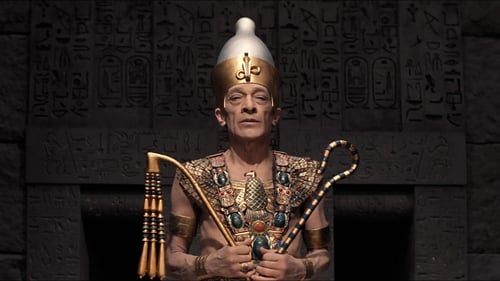Shadi Abdel Salam
출생 : 1930-03-15, Alexandria, Egypt
사망 : 1986-10-08
약력
Shadi Abdel Salam (Arabic: شادي عبد السلام) was an Egyptian film director, screenwriter and costume and set designer. Born in Alexandria on 15 March 1930, Shadi graduated from Victoria College, Alexandria, 1948, and then moved to England to study theater arts from 1949 to 1950. He then joined faculty of fine arts in Cairo where he graduated as an architect in 1955. He worked as assistant to the artistic architect, Ramsis W. Wassef, 1957, and designed the decorations and costumes of some of the most famous historical Egyptian films among which are; Wa Islamah, Al Nasser Salah Ad-Din, Almaz wa Abdu El Hamouly. He worked as a historical consultant and supervisor of the decoration, costumes and accessories sections of the Polish film, "Pharaoh", directed by Jerzy Kawalerowicz.
He also directed the long drama film entitled The Night of Counting the Years (Al-Momiaa), 1968–1969, and he received many film awards for this work. Also directed the short drama film entitled The Eloquent Peasant. Notably, he once worked as the Director of the Ministry of Culture Center for experimental films in 1970. He also wrote the scenario of the long drama film entitled "Ikhnatoun" and finalized the relevant designs from 1974–1985. He has taught at the Cinema Higher Institute of Egypt in the Departments of Decorations, Costumes and Film Direction from 1963–1969. He died on 8 October 1986.






